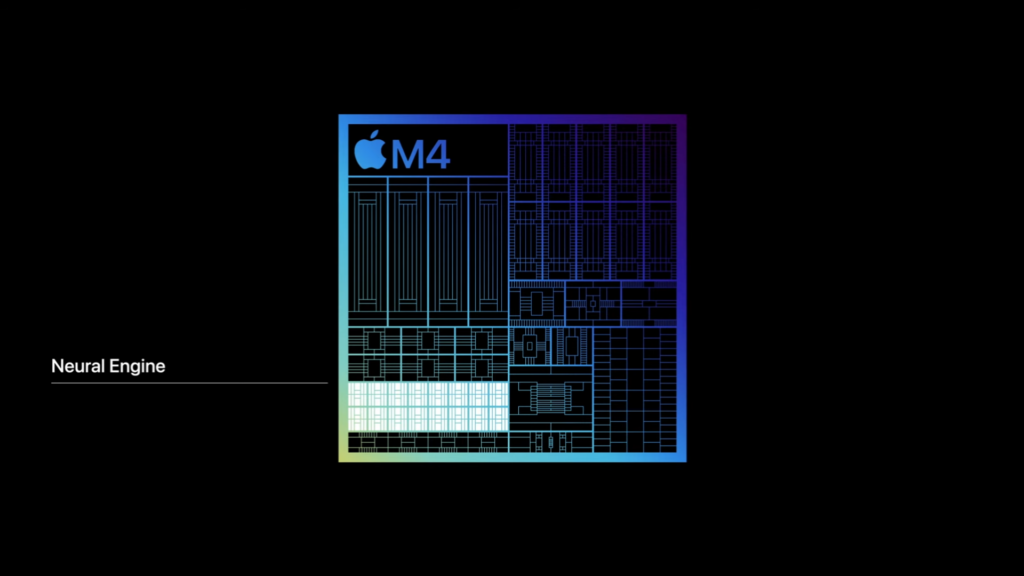The announcement of the MacBook M1 series by Apple in 2020 marked the company’s transition away from using Intel chips and to Apple Silicon instead. But what actually is Apple Silicon and what does it mean?
To make sense of the Apple jargon, we’ve put together this guide so you can understand what Apple Silicon actually is, how it works and what devices you can find the technology in.
What is Apple Silicon?
Apple Silicon is the all-encompassing term for chipsets that have been developed by Apple. Not just referring to an individual chip series, for example the M-chips found in MacBooks or any of the A-chips found in iPhones, but rather Apple’s own chipsets as a whole.
As mentioned above, Apple Silicon includes the M-Series processors for its computer and higher-end iPads and the A-Series for iPhones and lower-end iPads but also the S-Series chips for Apple Watch and the U-Series for AirTag.
Apple had previously used Intel chips in their Macs, however it switched to Apple Silicon in 2020 with the M1 chip. Since then, there’s been even more M chip expansion with the M1 Pro and M1 Max which launched as more powerful alternatives to the M1 in October 2021.
There was also the M2 lineup which launched in 2022 and later expanded to the M2 Pro, Max and Ultra. And then Apple launched the M3 back in March 2024. The most up to date chipset series is actually the recent introduction of the Apple M4 which is found in the upcoming iPad Pro.


How does Apple Silicon work?
Apple Silicon uses Arm architecture, which is a technology renowned for its high-performance ceiling, power and thermal efficiency, especially when compared to Intel processors.
The Arm architecture also allows for fantastic power efficiency, and is the key reason why M-powered MacBooks generally offer superior battery life than laptops with an AMD or Intel processor.
It’s not just computers that have the benefit of Arm architecture as it is also used in the A-Series chips for iPhone and low-end iPads, to make cross-platform support for apps much easier.
Which Macs use Apple Silicon?
All new Apple Macs use Apple Silicon, specifically the M-Series chips, so this means no new Apple Macs use the previous Intel chipsets.
Don’t worry if you’re still using an Intel-powered Mac though, as Apple confirmed that it will continue to support these devices for the foreseeable future.

